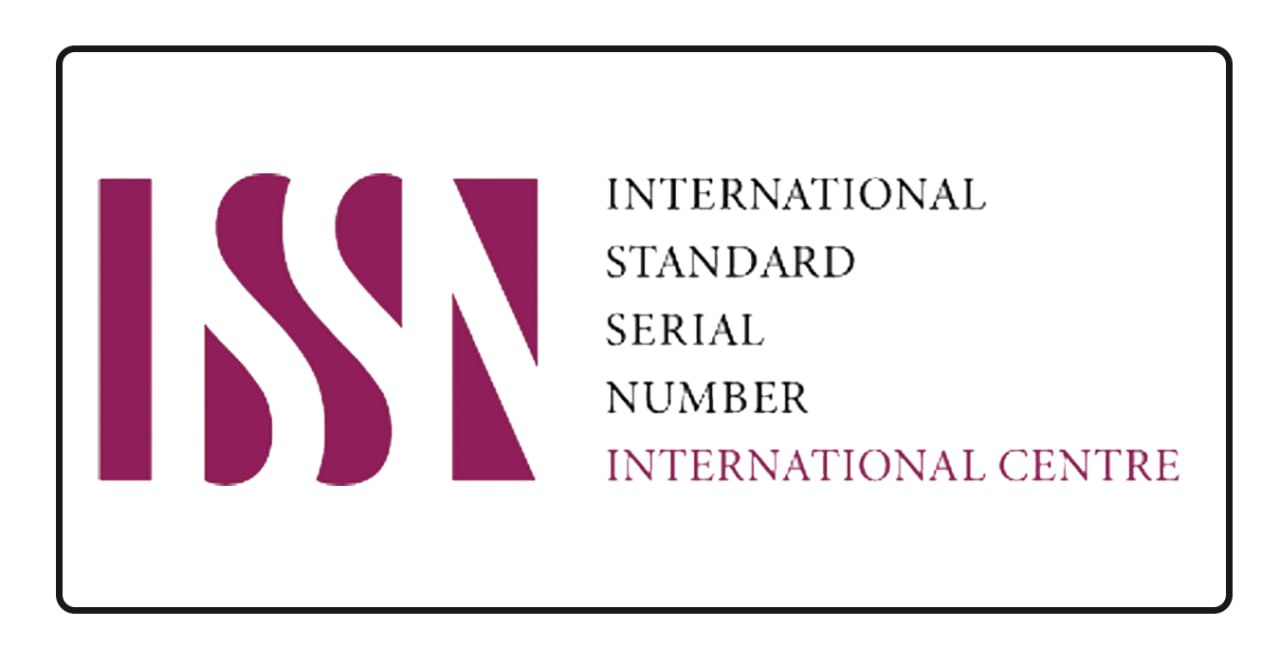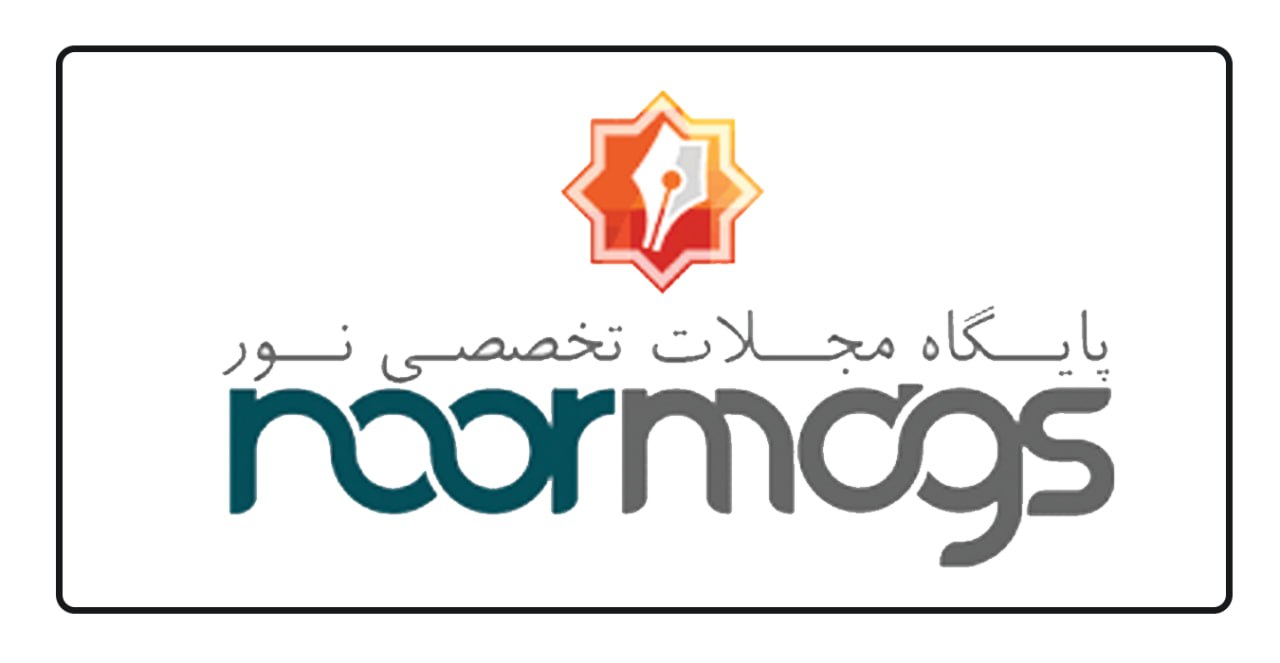Industrial Management
Industrial Management:
Industrial management is a multidisciplinary field encompassing strategic planning, organizational leadership, and efficient resource utilization within the industrial sector. This category addresses key aspects of managing industrial processes, systems, and personnel to optimize productivity and achieve sustainable growth.
1. Strategic Planning and Operations: Strategic planning in industrial management involves developing long-term goals, formulating policies, and implementing strategies to enhance overall operational efficiency. It encompasses resource allocation, production planning, and supply chain optimization to ensure seamless and cost-effective operations.
2. Supply Chain and Logistics Management: Effective supply chain and logistics management are crucial to industrial success. This includes inventory control, transportation optimization, and distribution strategies to streamline the flow of goods and services, ultimately minimizing costs and maximizing customer satisfaction.
3. Quality Management and Process Optimization: Industrial management emphasizes implementing quality management systems and continuous process improvement. Strategies such as Six Sigma and Total Quality Management (TQM) are explored to enhance product quality, reduce defects, and optimize production processes.
4. Human Resource Management in Industrial Settings: Efficient workforce management is vital for industrial success. This involves talent acquisition, employee training and development, performance evaluation, and fostering a positive work culture to ensure a motivated and skilled workforce.
5. Technological Integration and Industry 4.0: Industrial management embraces technological advancements and the principles of Industry 4.0. This includes integrating smart technologies, data analytics, and automation to enhance production efficiency, reduce downtime, and adapt to the rapidly evolving industrial landscape.
6. Environmental Sustainability and Corporate Social Responsibility: As industries play a significant role in environmental impact, industrial management explores sustainable practices and corporate social responsibility strategies. This involves minimizing environmental footprints, adopting eco-friendly technologies, and ensuring ethical business practices.
7. Risk Management and Contingency Planning: Industrial environments face various uncertainties. Effective risk management involves identifying potential risks, developing contingency plans, and implementing strategies to mitigate unforeseen challenges, ensuring business continuity and resilience.
8. Global Industrial Operations and Market Dynamics: In a globalized economy, industrial management addresses challenges related to international operations, market dynamics, and competition. This includes market research, global supply chain management, and adapting to diverse regulatory environments.
9. Smart Manufacturing: Smart manufacturing is a pivotal component within the realm of industrial management, revolutionizing traditional production processes. This approach leverages advanced technologies, data analytics, and automation to create interconnected and intelligent manufacturing ecosystems. Smart manufacturing optimizes efficiency, reduces downtime, and enhances decision-making processes by integrating Internet of Things (IoT) devices, artificial intelligence, and real-time data analytics. Industrial management professionals focusing on smart manufacturing explore strategies to implement and leverage these technological advancements, ultimately contributing to increased productivity and agility in the industrial landscape.



.jpg)


.jpeg)